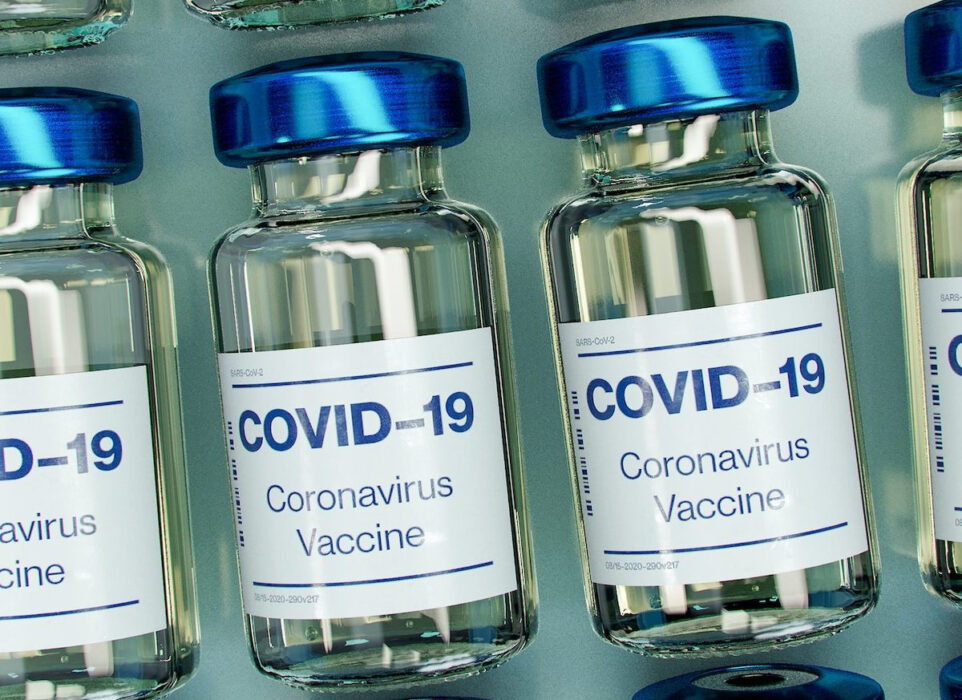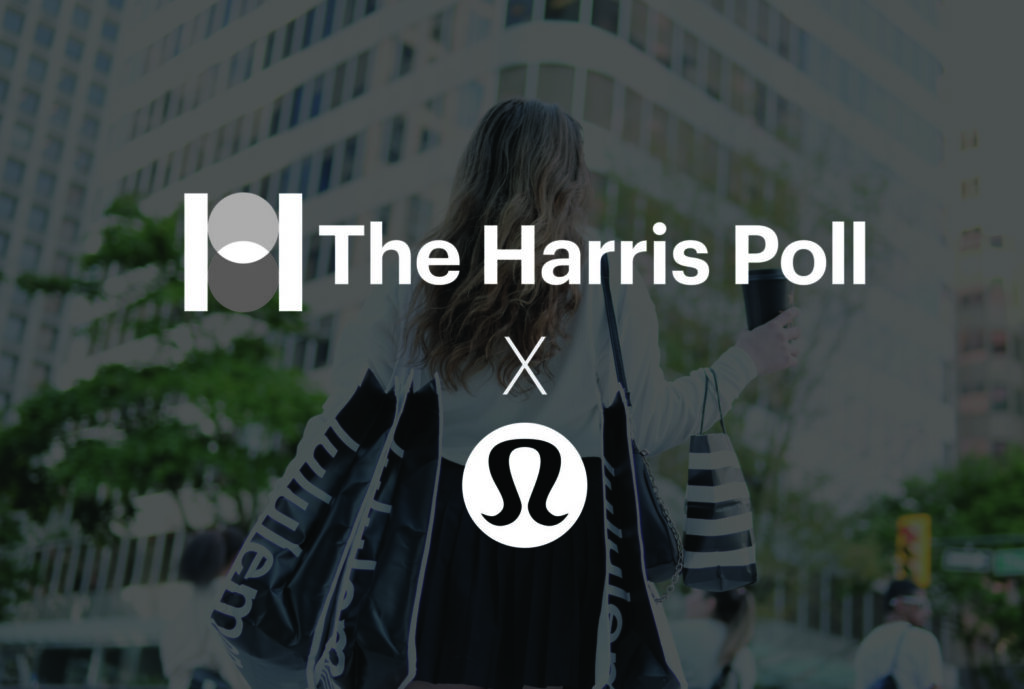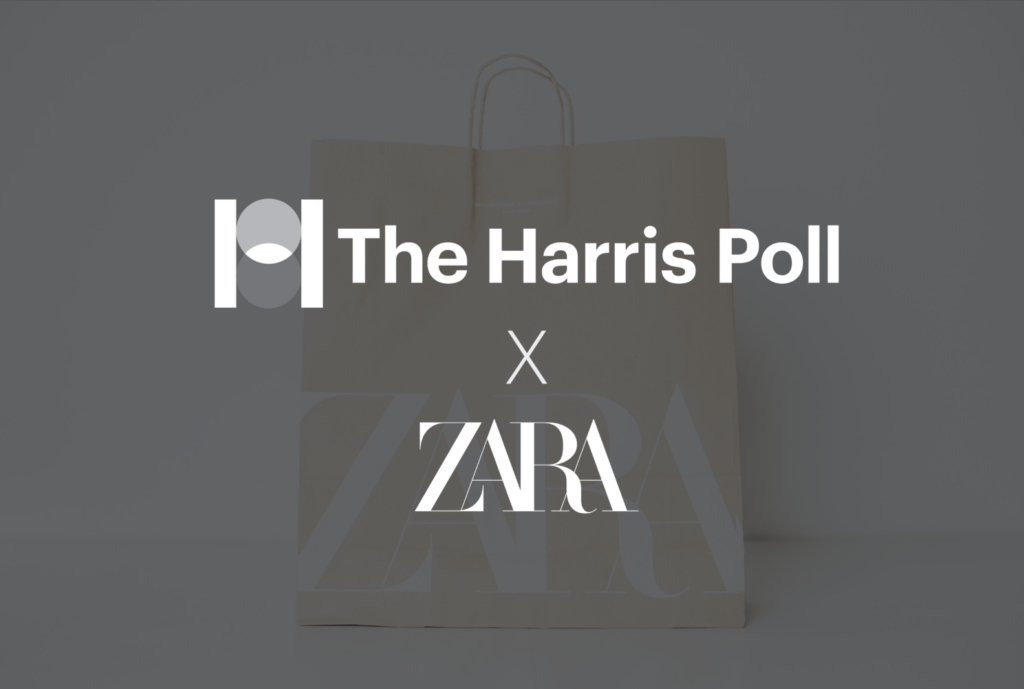Brief • 3 min Read

With the possibility of employers instituting a vaccine mandate, recent research by The Harris Poll on behalf of Fast Company reveals whether employees are open to these mandates and what drives employees’ prospective interest in enforcing a vaccine mandate.
Approximately half of US adults participating in the workforce* would be more willing to accept a job offer if the employer instituted a vaccine mandate. (*Note: For the purposes of this research, participation in the workforce is defined as currently employed, unemployed but looking for work, and/or students.)
Currently, 47% of all US adults who are participating in the workforce (i.e., those who are employed, unemployed and searching for work, and/or are students) would be more likely to accept a job offer if an employer required all employees (assuming they are medically able) to get vaccinated against COVID-19. Only 29% would be less likely to accept a job offer if an employer instituted a vaccine mandate.
In general, positive attitude toward employer vaccine mandates increases with level of education, mirroring overall trends in vaccine acceptance as reported by the Census Bureau’s Household pulse survey.
- High school diploma or less (including job-specific training programs): 33%
- Some college (including Associate’s degree): 44%
- College grad (i.e., completed a bachelor’s degree or more): 58%
There are differences in attitudes toward employer vaccine mandates across genders, as well. Compared to women, men are significantly more likely to accept a job offer if an employer with a vaccine mandate (52% of men vs 41% of women).
Regions with high overall vaccination rates are more likely to favor employers that mandate vaccines – potentially a function of education level, ideology, and household income. Residents of the Northeast are significantly more likely than residents of other regions in the US to accept a job offer if an employer mandated employee vaccination.
- Northeast: 56%
- South: 47%
- West: 42%
- Midwest: 41%
People of Color, compared to White adults, are more likely to be incentivized by employee vaccine mandates. Approximately half (51%) of POC (vs 43% of White adults) would be more likely to accept a job offer if an employer required all medically-able employees to get vaccinated against COVID-19.
Personal comfort drives prospective employees’ interest in employer-mandated vaccinations
Among those who would be more likely to accept a job offer if an employer required all medically-able employees to get vaccinated against COVID-19, increased comfort interacting with coworkers (59%) and a sense of personal safety (58%) are primary motivators. Similarly, 57% believe that requiring vaccinations – be it mandated by an employer or another party – is necessary to end the pandemic.
Nearly two-thirds (63%) of POC (vs 55% of White adults) would be more likely to accept a job from an employer with a vaccine mandate because it would make them feel more comfortable interacting with their coworkers. Conversely, 51% of POC (vs 65% of White adults) would be more likely because the mandate makes them feel safe.
While women are less likely than men to be incentivized by employer vaccine mandates, those who would be more inclined to accept a job if an employer required employees to get vaccinated against COVID-19 tend to look outside of their personal lives. 60% of women (vs 54% of men) would be more likely to accept a job from an employer with a vaccine mandate would do so because they believe that mandates are necessary to end the pandemic. Similarly, 53% of women (vs 42% of men) would do so because they believe that vaccination should be a universal requirement.
Methodology:
This survey was conducted online within the United States by The Harris Poll on behalf of Fast Company between October 8-12, 2021, among 1,039 U.S. adults ages 18 and older. This online survey is not based on a probability sample and therefore no estimate of theoretical sampling error can be calculated. Figures for age, sex, race/ethnicity, education, region and household income were weighted where necessary to bring them into line with their actual proportions in the population. Propensity score weighting was used to adjust for respondents’ propensity to be online. For more information on methodology, please contact Dami Rosanwo or Madelyn Franz.
Subscribe for more Insights
Subscribe to our newsletter for the latest trends in business, politics, culture, and more.
Download the Data
Get the full data tabs for this survey conducted online within the United States by The Harris Poll on behalf of Fast Company between October 8-12, 2021, among 1,039 U.S. adults ages 18 and older.
DownloadSubscribe for more Insights
Subscribe to our newsletter for the latest trends in business, politics, culture, and more.
Download the Data
Get the full data tabs for this survey conducted online within the United States by The Harris Poll on behalf of Fast Company between October 8-12, 2021, among 1,039 U.S. adults ages 18 and older.
DownloadRelated Content







